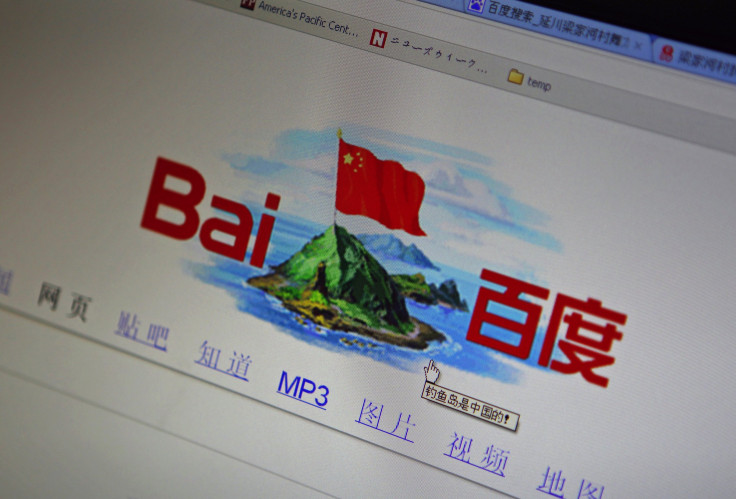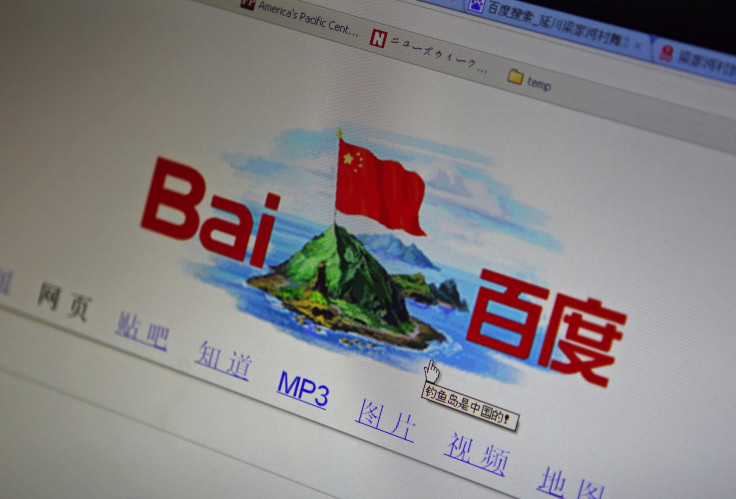Alibaba And Baidu Are Friends Again After Five-Year-Long Cold War

Ads for businesses owned by Alibaba.com Ltd. (HKG:1688), China’s online-commerce giant, have been showing up on Baidu.com, China’s most popular search engine owned by Baidu.com Inc. (NASDAQ:BIDU), since Wednesday. This would not be newsworthy except for the fact that Alibaba and Baidu had a high-profile falling-out in 2008, when Alibaba requested Baidu to stop displaying ads for Taobao.com, the former’s online-auction platform, to protect its users’ privacy.

On Tuesday, Alibaba announced a partnership with 360, another major Chinese search engine, according to the Chinese-language China News. Alibaba's alliance was interpreted as a move against Baidu. With this latest thaw in Alibaba’s strained relationship with Baidu, however, it looks like Alibaba is making an adjustment to its competitive strategy to capture as much traffic as it can.
Products on Alibaba.com, Taobao.com and TMall.com -- all online-shopping websites owned by Alibaba -- are now coming up in Baidu's keyword searches. According to an insider who preferred to remain anonymous, Alibaba and Baidu secretly restarted their cooperation in April, and Alibaba may buy as much as 200 million yuan ($32.6 million) worth of keyword advertisements from Baidu in 2013. This would mark the first business these two Internet giants have done together in five years, China News reported.
© Copyright IBTimes 2024. All rights reserved.





















